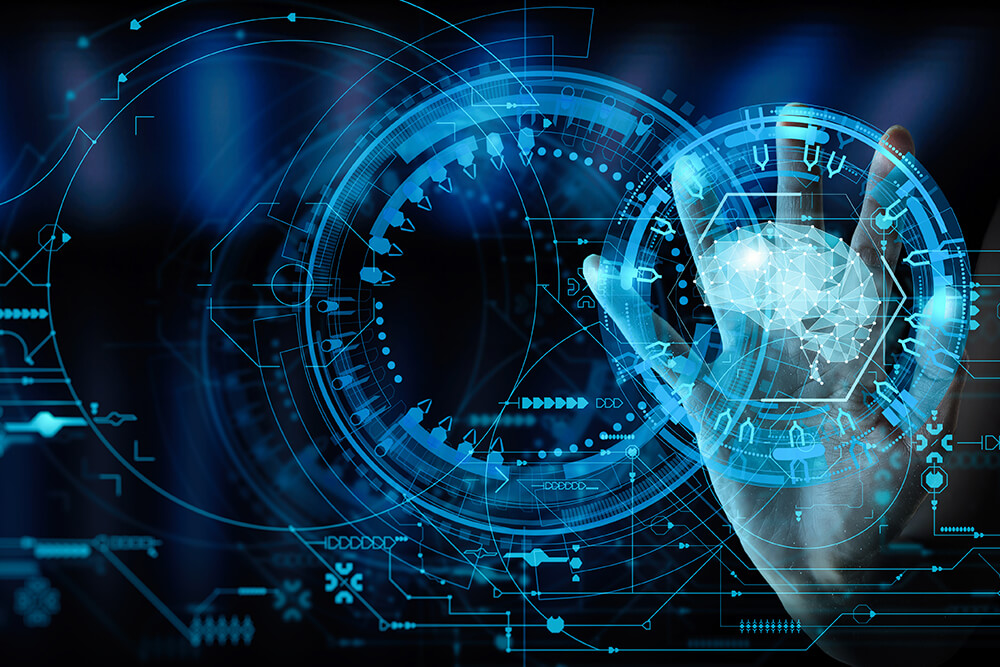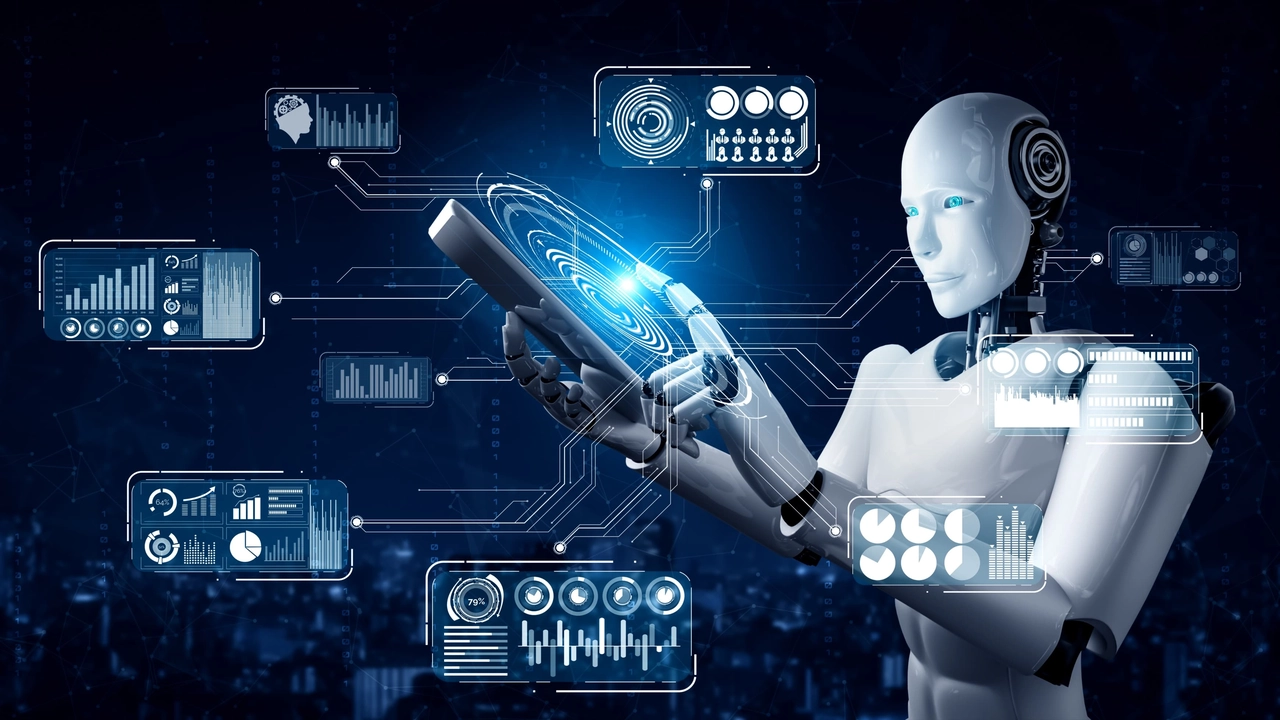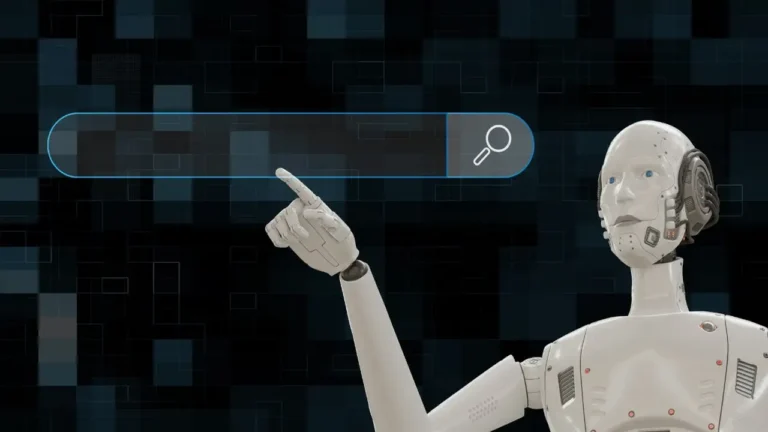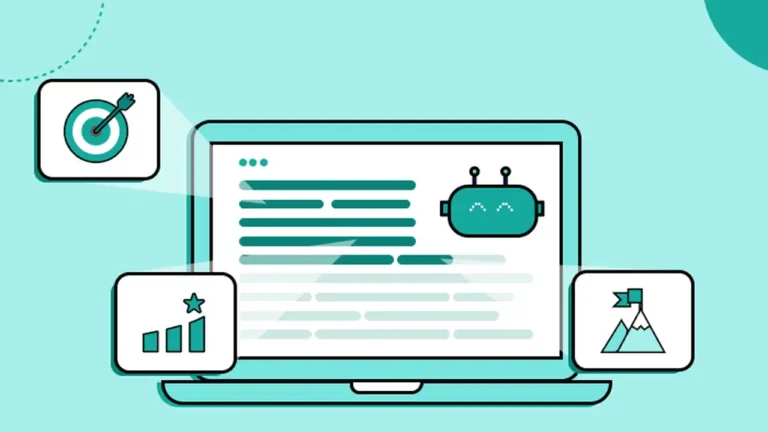Artificial Intelligence and Machine Learning: Revolutionizing Industries
In the digital age, artificial intelligence (AI) and machine learning (ML) stand as titans of technological innovation, reshaping the contours of industries with their transformative power. From automating mundane tasks to solving complex problems, artificial intelligence and machine learning are not just buzzwords but are fundamental to driving progress across various sectors.
History and Evolution
The journey of artificial intelligence and machine learning from theoretical concepts to core components of technological advancement encapsulates a rich history of innovation. Initially conceived in the mid-20th century, these technologies have evolved, powered by exponential increases in computing power and data availability.
Key Concepts and Technologies
At the heart of this revolution are the concepts of artificial intelligence, machine learning, and deep learning. AI refers to machines designed to mimic human intelligence, while ML is a subset of AI focused on the idea that machines can learn and adapt through experience. Deep learning, a further subset of ML, involves neural networks with many layers, enabling even more sophisticated problem-solving.
Impact on Various Industries
The application of artificial intelligence and machine learning is vast and varied, significantly impacting multiple industries:
- Healthcare: Revolutionizing patient care through predictive analytics and personalized medicine.
- Finance: Transforming risk assessment, fraud detection, and algorithmic trading.
- Retail: Enhancing customer experiences with personalized recommendations and inventory management.
- Manufacturing: Increasing efficiency through predictive maintenance and optimization of production processes.
- Transportation and Logistics: Improving safety and efficiency in supply chain management and autonomous vehicle technology.
Challenges and Ethical Considerations
Despite the potential, the deployment of artificial intelligence and machine learning raises critical challenges, particularly regarding privacy and security, bias and fairness, and the impact on employment. Addressing these ethical considerations is paramount to harnessing the full potential of these technologies.
The Future of artificial intelligence and machine learning
The future of artificial intelligence and machine learning is boundless, with ongoing advancements and innovations promising to further integrate these technologies into the fabric of society. As we stand on the brink of this new era, the potential for AI and ML to enhance human life and work is immense.

Healthcare
Personalized Medicine
Explore how artificial intelligence and machine learning are personalizing patient care through data analysis, leading to tailored treatment plans and better health outcomes.
Diagnostic Automation
Illustrate how AI-driven diagnostics are automating the interpretation of medical images, reducing errors, and speeding up diagnosis.
Finance
Fraud Detection
Explain how AI models are being used to detect fraudulent transactions in real-time, saving millions of dollars annually.
Algorithmic Trading
Discuss the use of ML algorithms in financial markets for predictive analysis, leading to more efficient and profitable trading strategies.
Manufacturing
Predictive Maintenance
Show how AI is enabling predictive maintenance, helping manufacturers reduce downtime and save costs by anticipating equipment failures.
Quality Control
Describe the application of ML in enhancing quality control processes through automated inspection and real-time feedback.
Ethical Considerations
Bias and Fairness
Address the challenges of bias in AI models, emphasizing the importance of fairness and transparency in AI/ML applications.
Privacy Concerns
Discuss the privacy issues surrounding the use of big data in AI, and the measures needed to protect sensitive information.
Job Displacement
Consider the impact of artificial intelligence and machine learning on the workforce, including potential job displacement and the need for re-skilling.
Future Prospects
artificial intelligence and machine learning in Everyday Life
Imagine the future integration of artificial intelligence and machine learning into everyday life, from smart homes to personalized education.
The Role of artificial intelligence and machine learning in Sustainability
Highlight how artificial intelligence and machine learning are contributing to sustainability efforts, including climate change mitigation and resource management.
Conclusion
Artificial intelligence and machine learning are revolutionizing industries, driving efficiency, and creating new opportunities for innovation. As we navigate the complexities and challenges of these technologies, the potential for positive change is unparalleled. The journey ahead is not without its hurdles, but the future of artificial intelligence and machine learning is bright, heralding a new chapter in human progress.
FAQs
What is artificial intelligence and machine learning?
artificial intelligence and machine learning are technologies that enable machines to mimic human intelligence and learn from experience, respectively.
How are artificial intelligence and machine learning changing industries?
They are automating tasks, enhancing decision-making, and personalizing customer experiences, thereby transforming healthcare, finance, retail, manufacturing, and transportation.
What are the ethical considerations?
Privacy, security, bias, fairness, and the impact on jobs are key ethical issues that need addressing as artificial intelligence and machine learning technologies advance.
How can businesses prepare for AI and ML?
By investing in talent, technology, and training, and by considering the ethical implications of AI and ML deployment.
What does the future hold for AI and ML?
The future promises further integration of AI and ML into our daily lives and work, with continued innovation and the potential to solve complex societal challenges.
More Content 👇
Instagram AI Trend: Navigating The Future Of Social Media








